Ever heard of voguing? More specifically, Ball culture? The subculture originated in Harlem in the ‘70s and ‘80s, providing a safe space for black and Hispanic queer people. Recently, the success of Lang alum Ojay Morgan — stage name Zebra Katz — and his infectious single “Ima Read” has been one source of the scene’s reemergence in the media. The track takes its inspiration from the term “read,” meaning to tell someone about themselves in a sassy way. Given voguing’s popularity outside of the scene, I have found myself in many social situations in which white peers attempt to vogue and even ask me, a gay black man, to vogue for them. I understand their fascination for a dance form specific to a cultural identity foreign to them — the same impulse that draws any of us to something we not only perceive as foreign but find interesting — and thus their eagerness to partake in it. But, apart from being a little awkward for me, I can’t help but feel bothered.
While I’m not in the scene as much as an observer and admirer, the balls and voguing nights at clubs are spaces in which I can enter and not feel isolated, given that most gay bars and clubs are overwhelmingly white. Ball culture, historically, created a safe space for queer people of color — a space of free expression without the threat of physical and verbal harassment experienced outside of this space. It is an escape from the oppression not only of queerphobia but also whiteness, given the racism that exists within queer social circles, despite the assumption that to be queer is to already be oppressed and thus incapable of enforcing and perpetuating other forms of oppression. The act of voguing symbolizes the freedom to literally take up space with unbound and evocative movement, and in a world in which queer people of color are too firmly shoved into the margins to do so anywhere else. A world where white people are the default faces for every letter in LGBTQI, while QPOC are flattened into stereotypes and reduced to statistics, if not ignored entirely. Voguing is a dance form not only defined by its sassy, emphatic gestures, couture poses and gleaming confidence, but by its history as a safe space for QPOC. The dance form itself is inseparable from the racial and sexual identity of the performers, as the dancing symbolizes the lived experience specific to its performers. Therefore, a white person voguing is a destruction of the symbol.
This is the reason why Madonna’s song “Vogue” is problematic. When appropriated by a white person, the act is flattened into cheesy fashion references, the meaning behind the movement completely undone. I should also admit that the idea of queer people of color who identify neither as black nor Hispanic voguing doesn’t bother me that much — they are of color, double minorities existing at an intersection at the root of Ball culture’s existence.
But people should be free to do whatever they want, and practice whatever art forms they choose. I’m not saying that anyone can’t do anything. At the same time, this argument reminds me of when non-black people really want to say the “N-word,” but insist that they “can’t.” Is there a law saying only black people can say it? Are non-black people physically incapable of producing the necessary consonant and vowel sounds to say the “N-word?” Regardless, what do people think they’re missing out on by not saying the “N-word?” How would their lives be significantly changed by saying it? My life is significantly impacted by my lack of white and straight privilege, so to anyone who really wants to say the “N-word” without having to look over their shoulder for the nearest black person, or vogue without reading this article and feeling some sort of way about it, we can switch. I get their privilege and they get my oppression. But they can vogue and say nigga as freely as they choose! How does that sound?

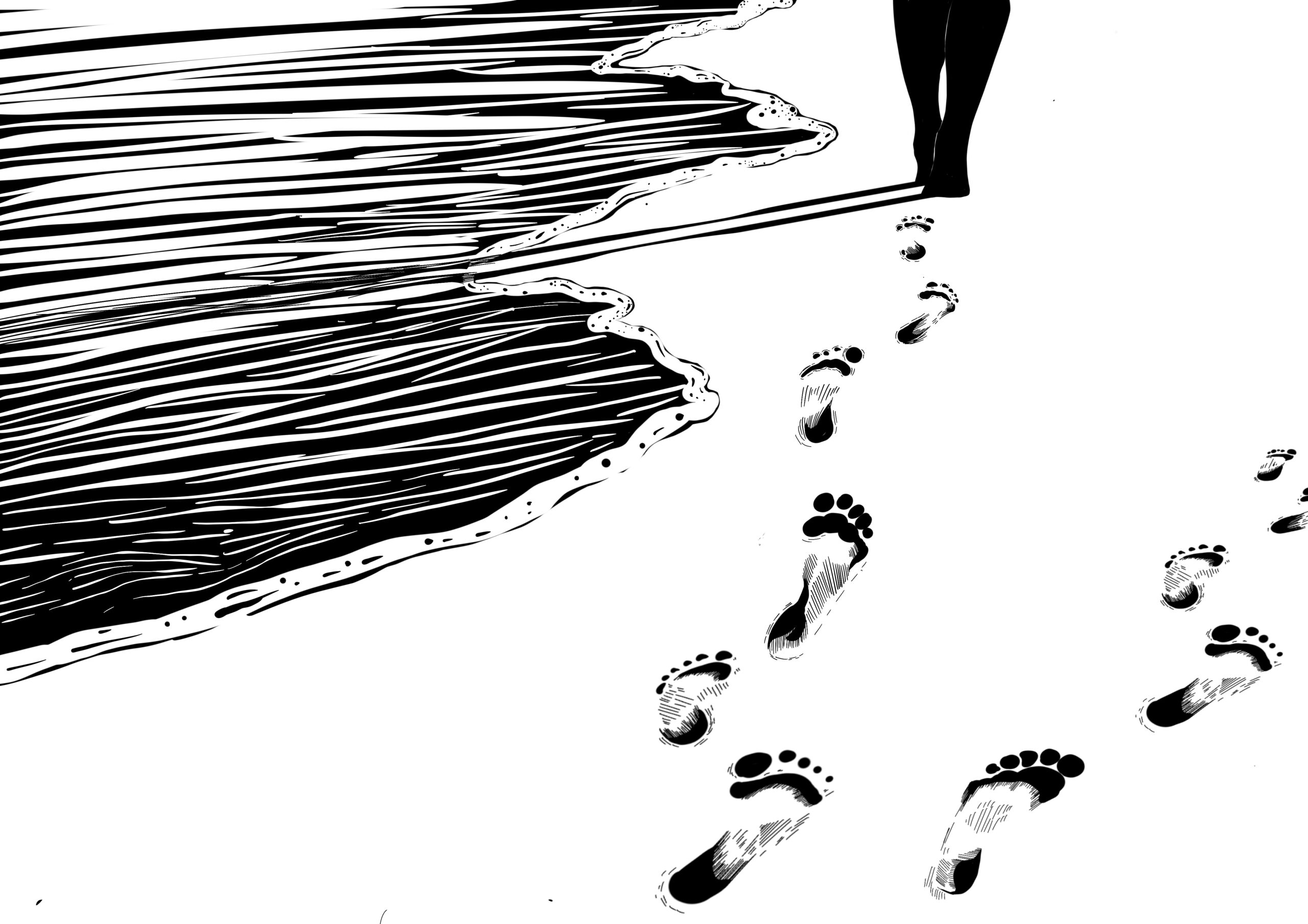
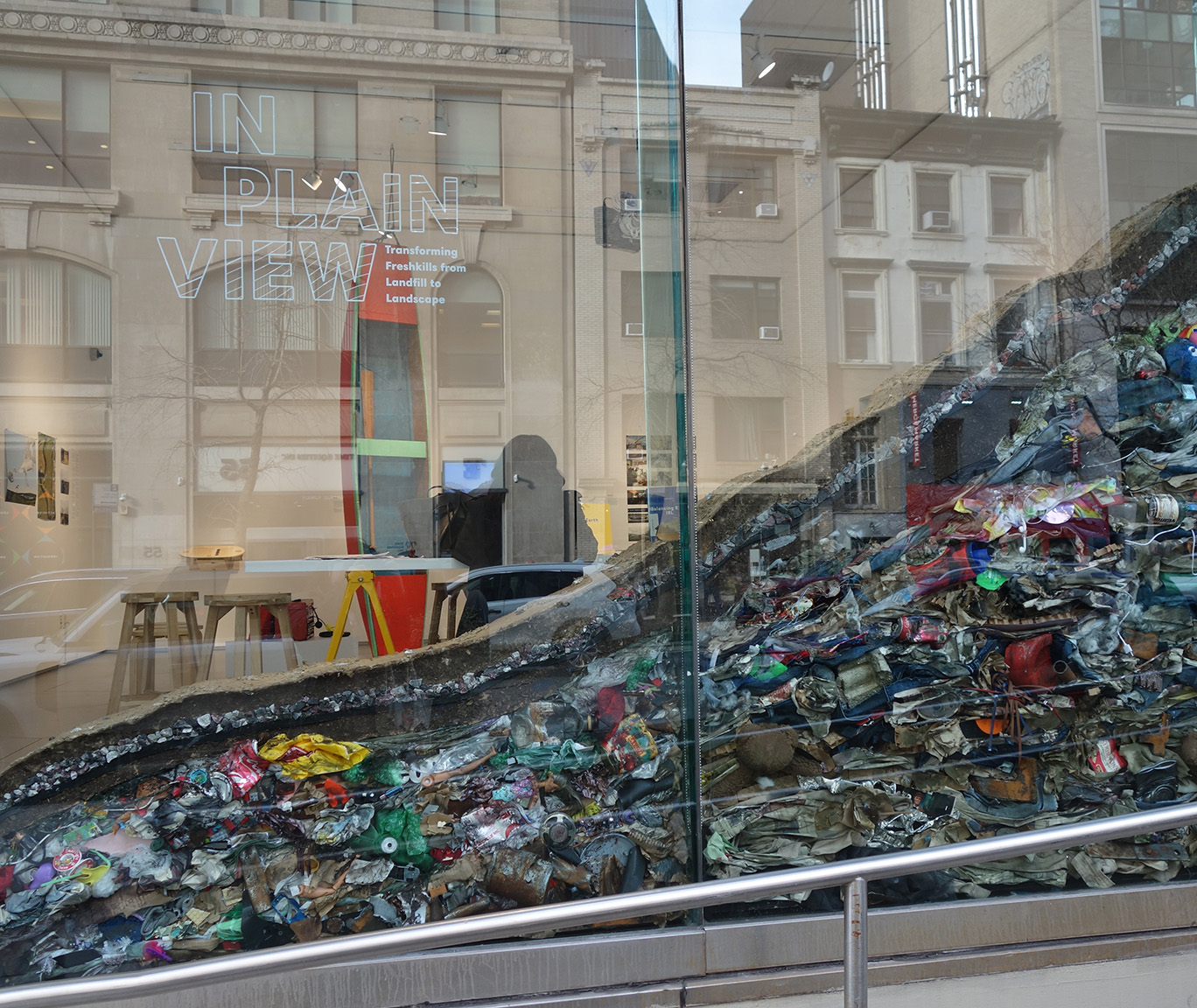
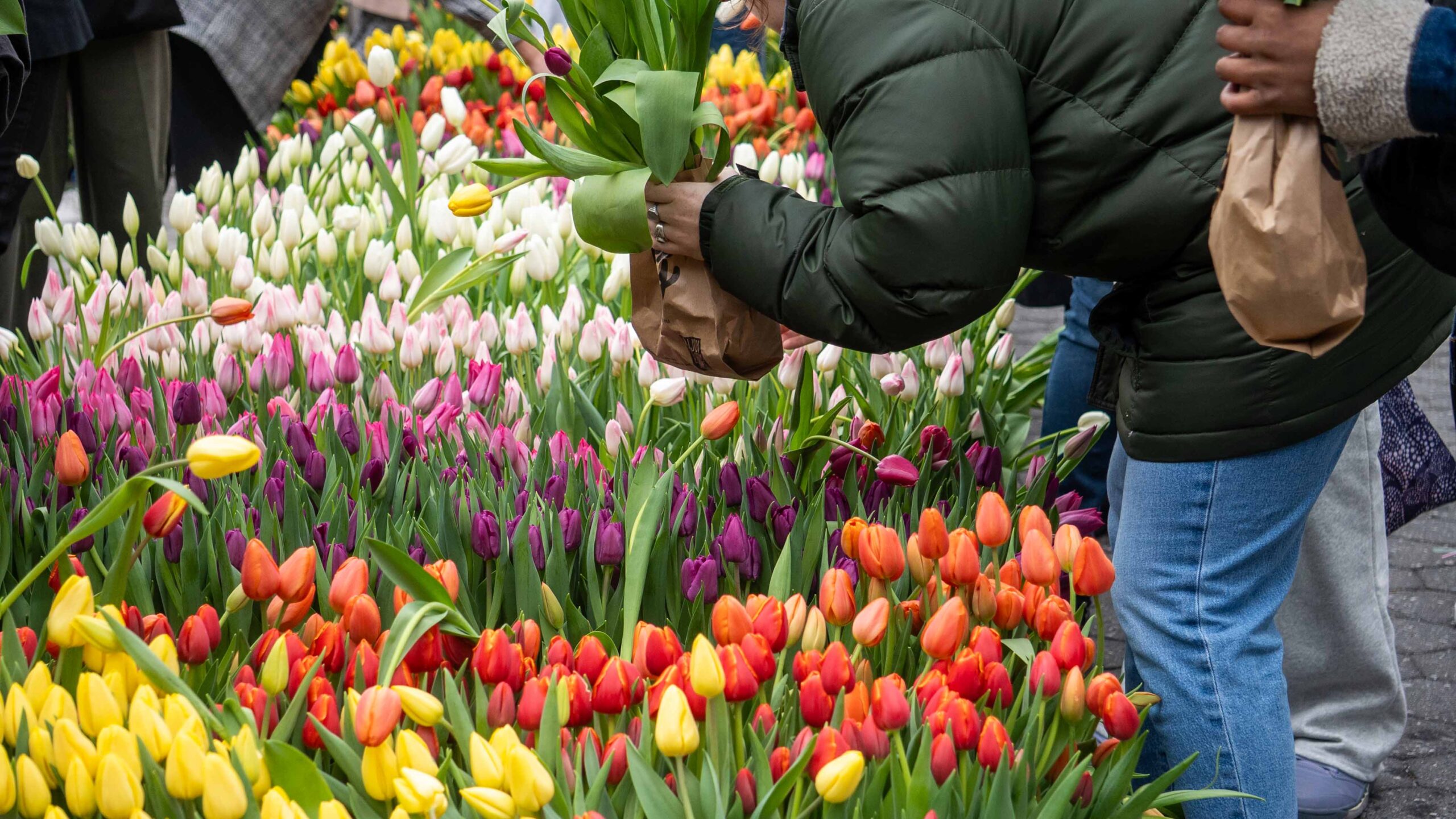
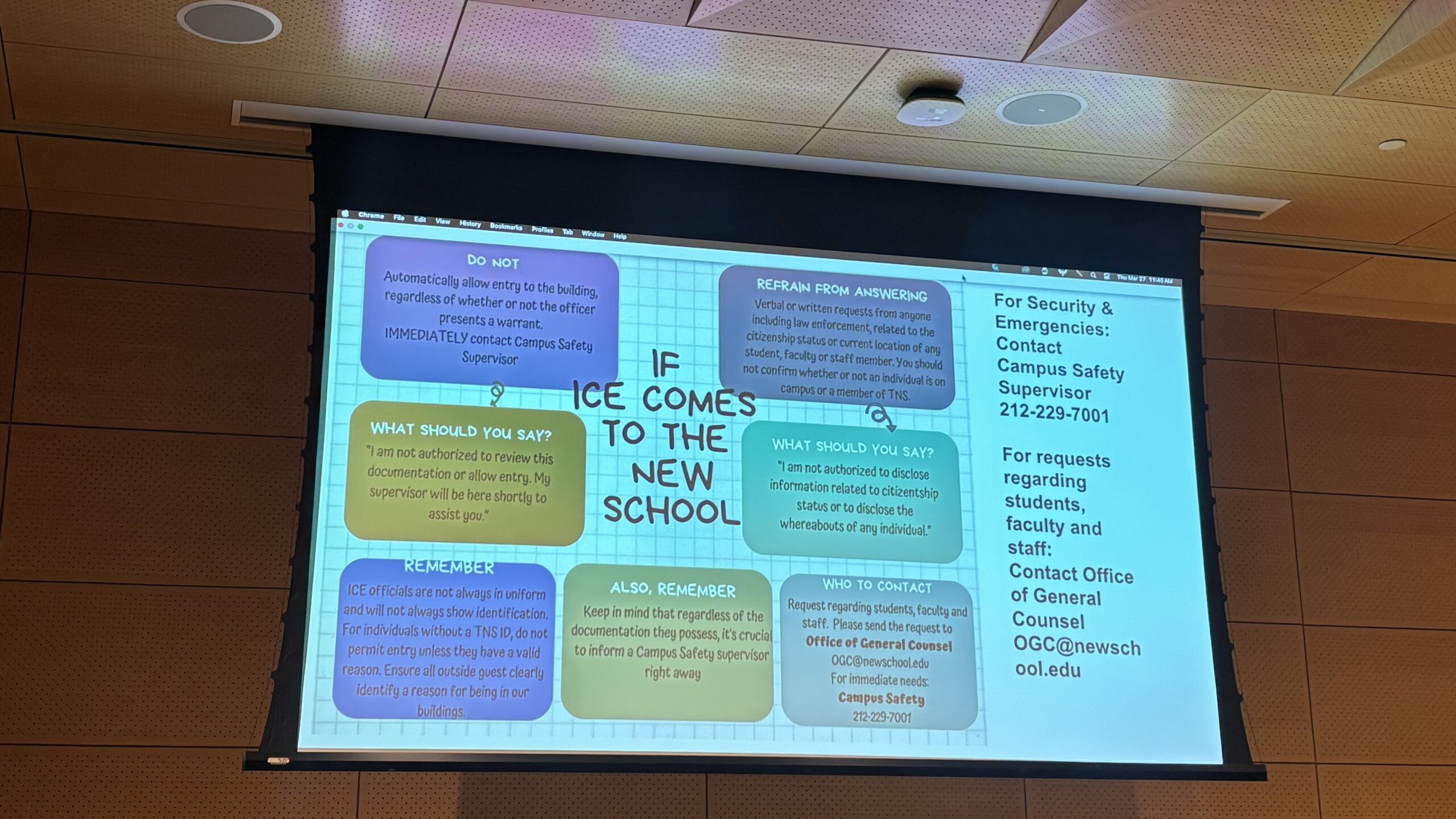
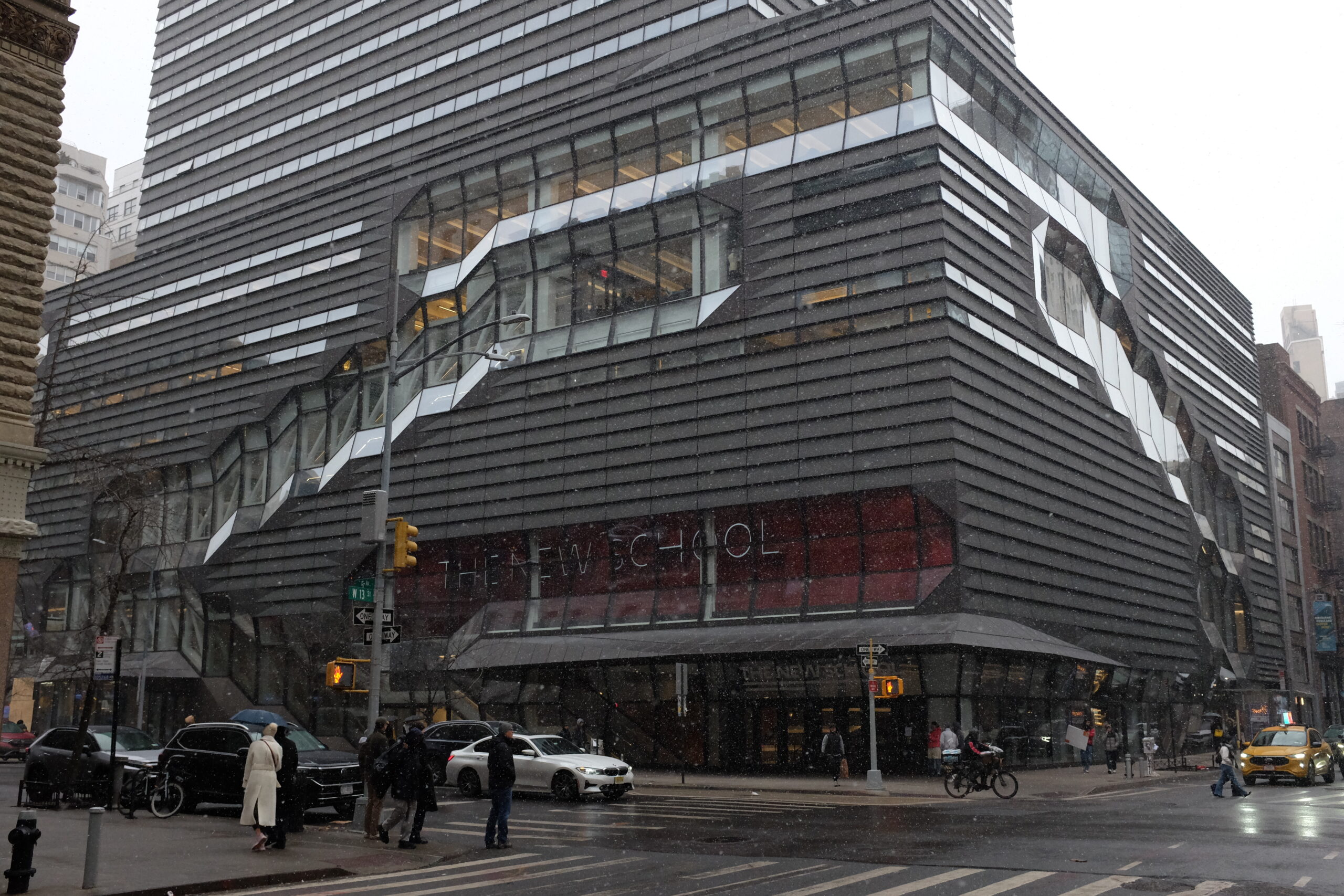

Leave a Reply